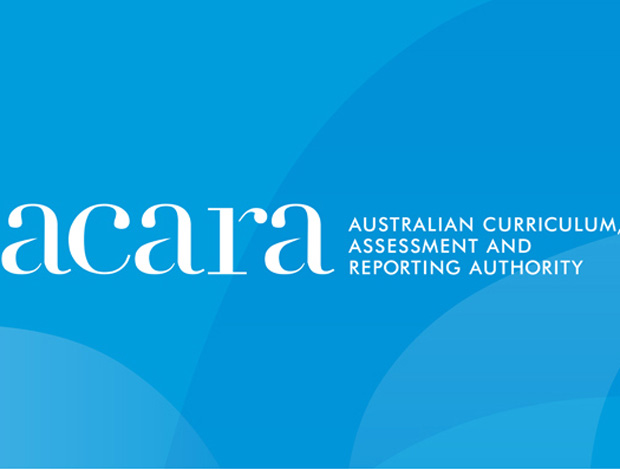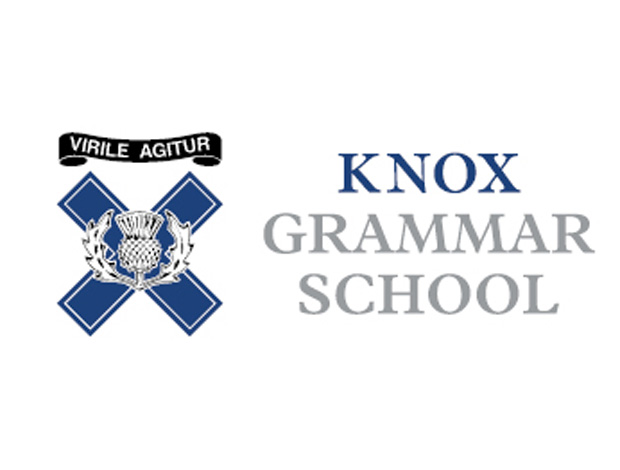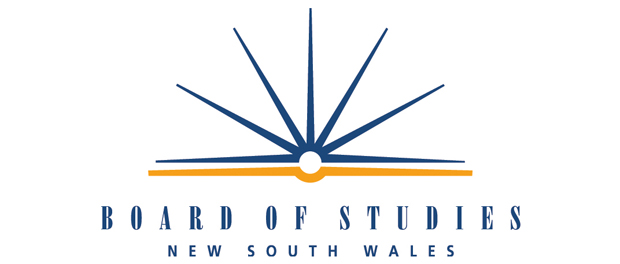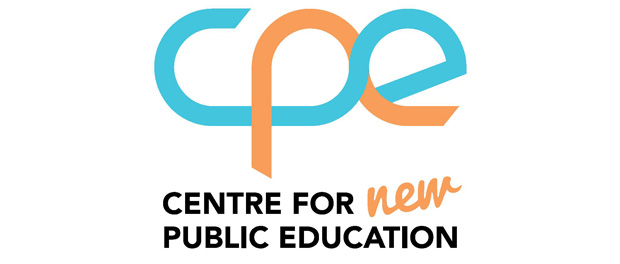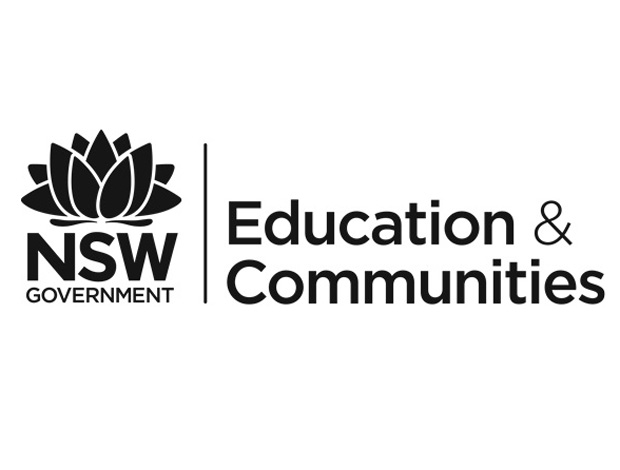After the Melbourne Declaration in 2008, when the states and territories agreed on the educational priorities for Australia, ACARA was established (in 2009) with the remit to oversee the production of Australia’s first national curriculum. ACARA is therefore funded by the eight states and territories and the federal government. This means that there are 9 education ministers who each want to see the curriculum shaped in ways which best suit their diverse communities. The Australian curriculum in English, History, Science and Mathematics was finalised and implemented (to differing degrees, around the country) in 2012. The other curriculum areas, due to be implemented in 2014, have been delayed due to the change of ruling party in the Australian federal government and the conduct of a review.
I met Dr Phil Lambert, General Manager of Curriculum and a member of the ACARA executive team. During our meeting we had video-conferences with curriculum writers in ACARA’s Melbourne Office who were able to describe, in detail, the role played by critical skills on the Australian National Curriculum. Phil explained that, despite the current review process, it’s ‘business as usual’ at ACARA. The national curriculum is ‘3D’: it has learning areas, general capabilities and cross-curricular priorities. Of the seven general capabilities, ‘critical and creative thinking’ was of greatest relevance to my Churchill Fellowship project. Phil and his colleagues highlighted a mapping project on which ACARA is currently working which seeks to help teachers identify which learning areas are well suited to cultivate elements of the general capabilities. For example, of the 13 learning areas, some will be better placed to cultivate creative thinking than others. By mapping the curriculum in a detailed way, teachers will have a clearer understanding of the ways in which the general capabilities can be covered through learning area content and pedagogy. ACARA staff were keen to point out that every learning area has its own suite of policy documents and, although this includes some discussion of the general capabilities as they pertain to a particular area, the policies do not compel explicit teaching of every general capability in every learning area. This differs from the Scottish example, where all teaching staff are expected to cultivate the four key capacities through their subject content and pedagogy.
ACARA has been looking into the assessment of critical skills and has done some research into online assessment currently used in Victoria, Finland and New Zealand. Hoping to roll out assessment in sample schools from 2016, ACARA has also joined an alliance with Singapore, Korea, Finland and Canada to boost access to collaborative problem solving assessment tools. Phil emphasised the importance of 21st century skills and indicated that they will only be valued and taught if they are assessed.
Teachers will be supported by their states/territories to implement the Australian curriculum (as regionally agreed) in coming years but they can also access 20,000 online resources via SCOOTLE. Education Services Australia provides a resource bank for teachers and a SCOOTLE community where teachers around Australia can seek assistance, collaborate and share best practice. This sounds similar, in many ways, to the Scottish product GLOW but SCOOTLE has buy-in from all schools in all sectors in all regions whereas GLOW is only available to state schools in local authorities who have agreed to pay the subscription fee.
Key Learnings
- Supporting teachers is vital – online resources must be freely accessible to all.
- Critical skills are currently being assessed, successfully, online around the world.
- 21st century skills include collaborative problem solving, not just independent critical thinking.
- ACARA’s curriculum mapping project aims to identify possible practice for teachers but does not prescribe or dictate content or style to teachers. It wants to help teachers get a ‘handle’ on critical and creative thinking.
